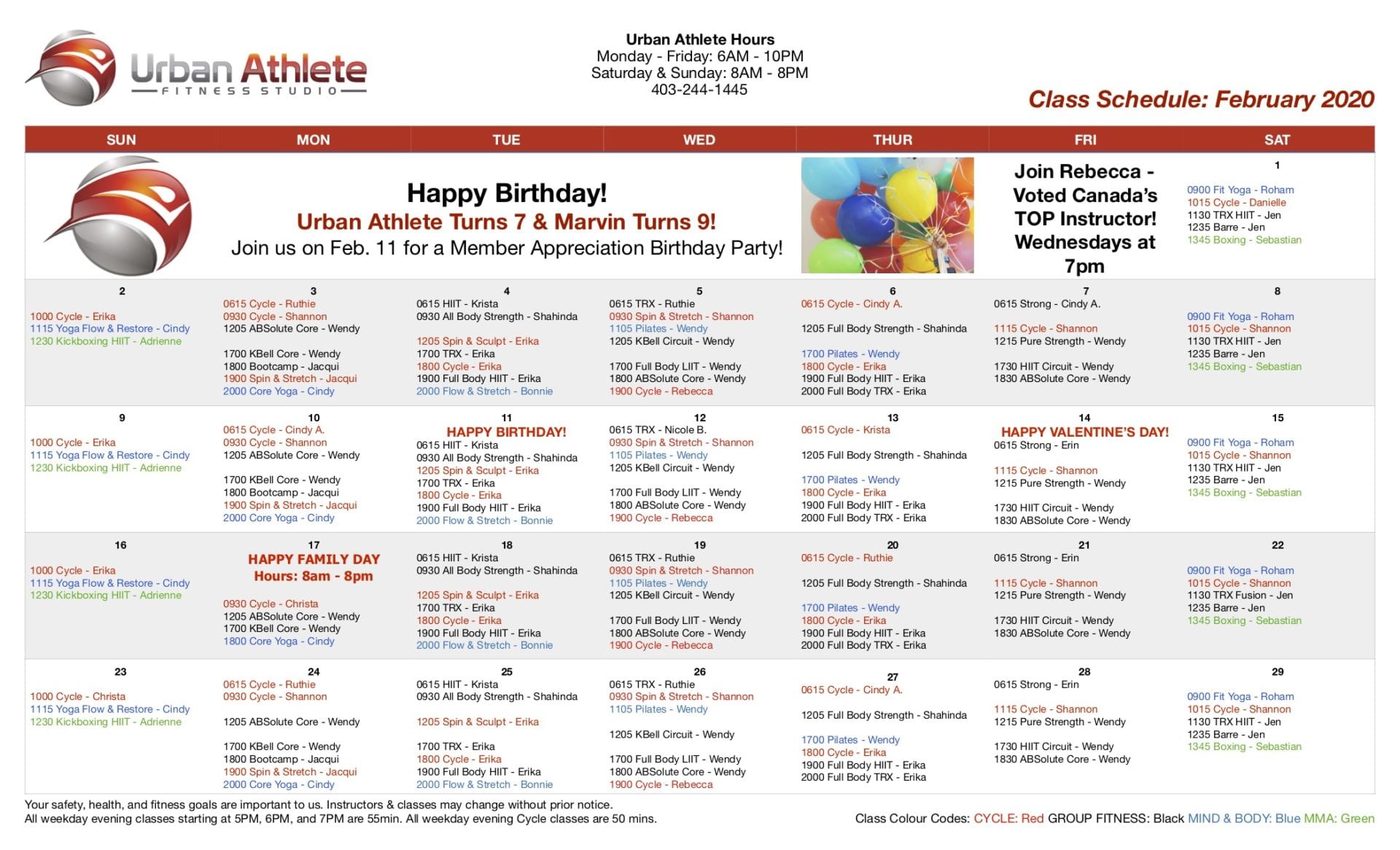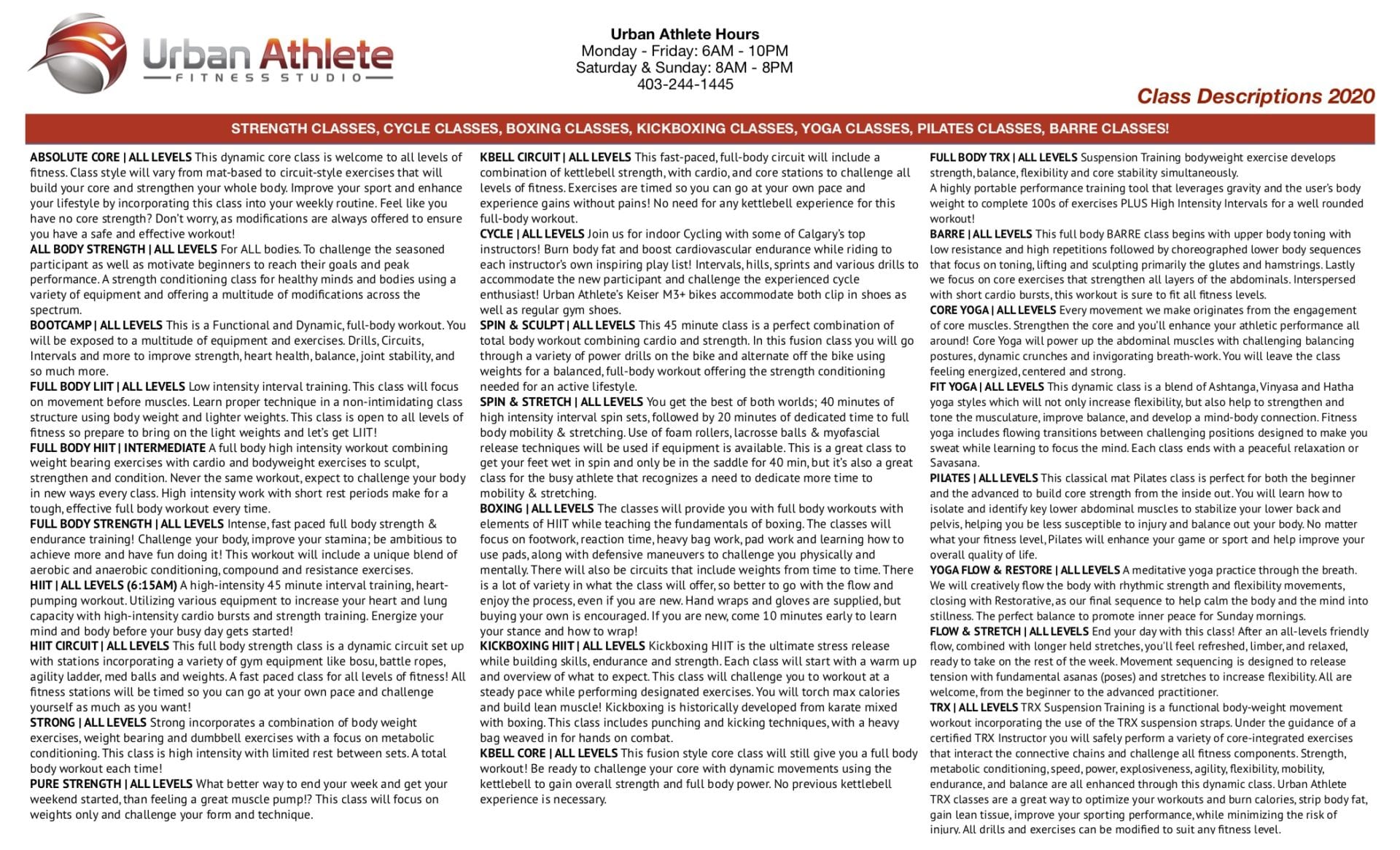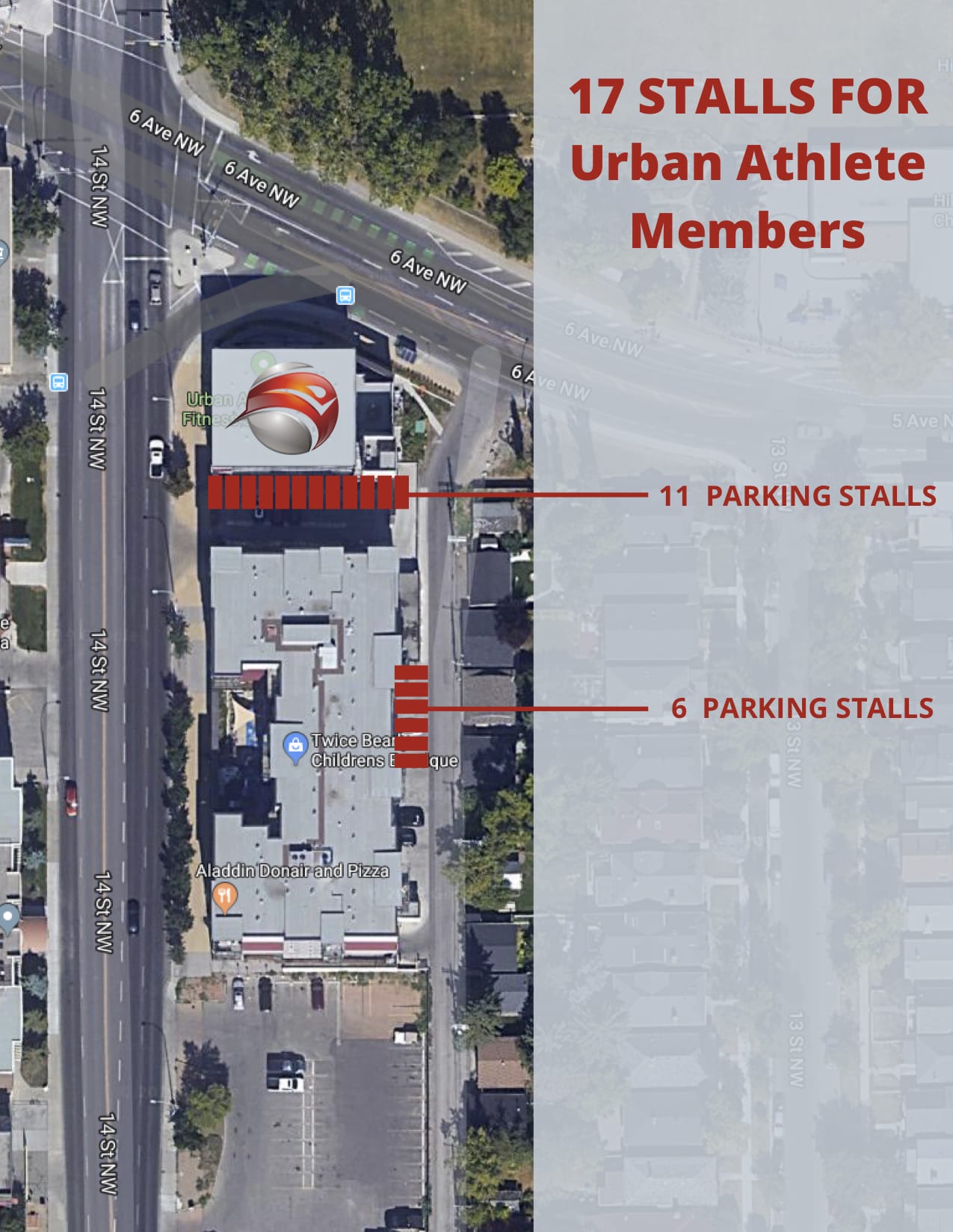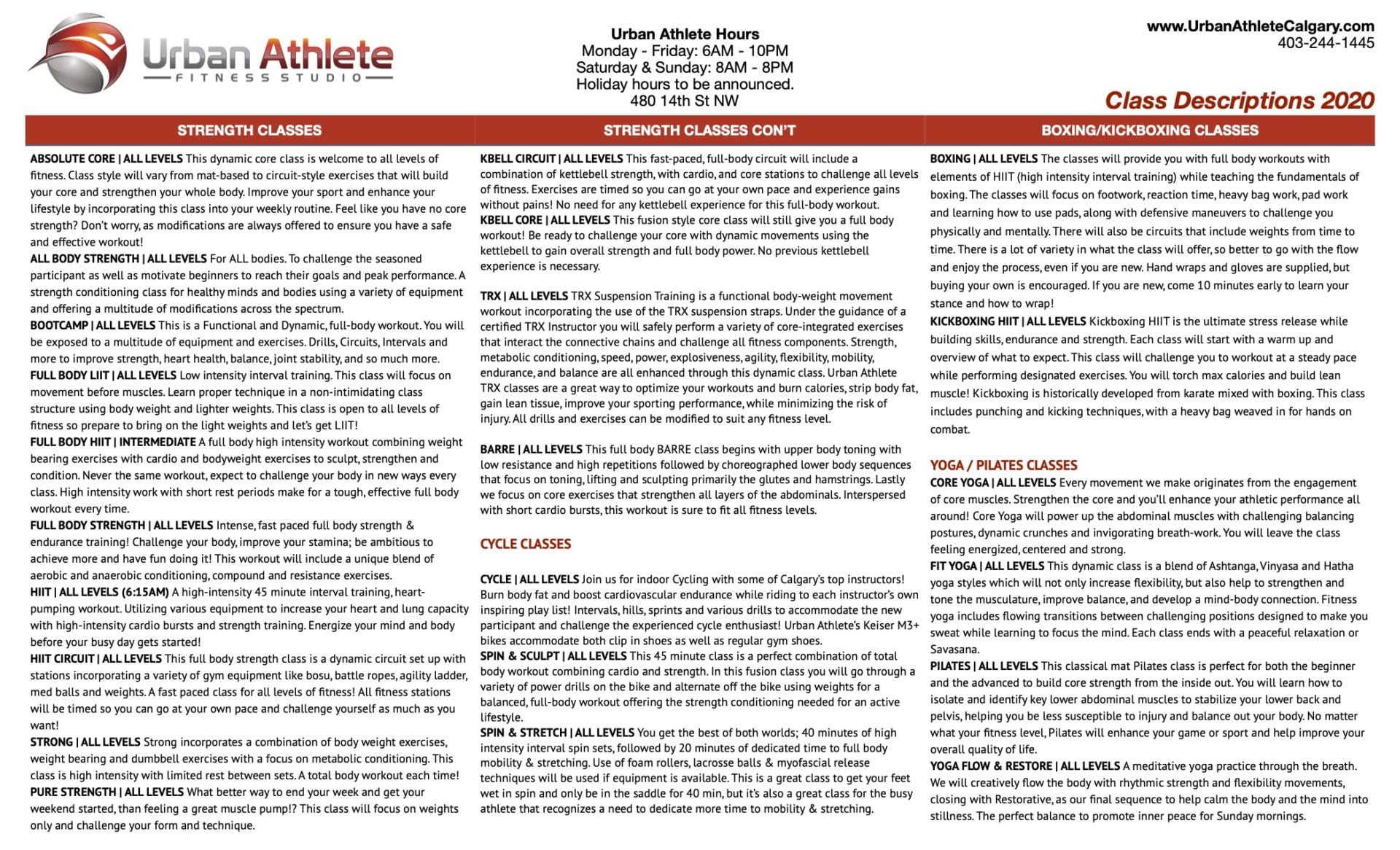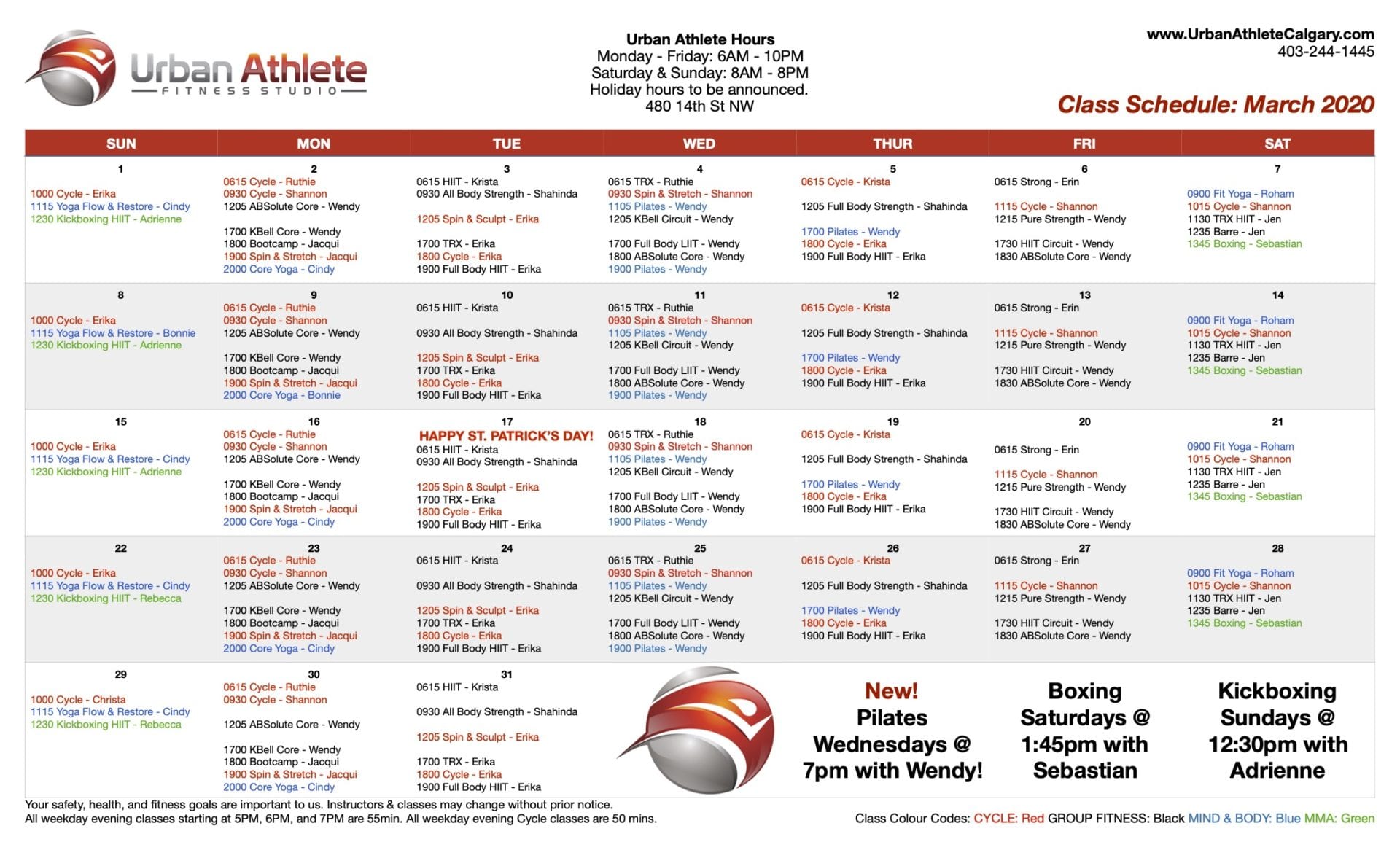Calories in vs. Calories out (or CICO), is basically an easy way of saying:
- When you take in more energy than you burn, you gain weight.
- When you take in less energy than you burn, you lose weight.
Some people believe CICO to be quite straight forward. “If you aren’t losing weight, the reason is simple: You’re either eating too many calories, or not moving enough, or both. Just eat less and move more.”
Others believe CICO to be a complete myth.
They suggest it doesn’t account for hormone imbalances, insulin resistance, polycystic ovary syndrome (PCOS), and other health problems that affect metabolism. They often claim certain foods and ways of eating provide a “metabolic advantage,” helping you lose weight without worrying about CICO.
Let’s talk about the Energy Balance Equation (the internal and external workings of the body, which ultimately impacts CICO), which is far more involved than CICO, as CICO only focuses on external factors.
All different factors influence energy in vs. energy out.
Factors that influence energy in include:
- Food consumed (influenced by food bio-availability, sleep quality, culture, etc.)
- Calories absorbed (influenced by health status, energy levels, age, personal microbiome)
- Psychological factors (stress levels, sleep quantity/quality, mindset, etc.)
- And appetite (influenced by ghrelin and leptin, our hunger and satiation hormones)
Factors that include energy out include:
- Energy burned at rest (BMR – what your body needs in order to stay alive/function normally)
- Energy burned through exercise (influenced by exercise ability, intensity, frequency, type, hormonal status, and sleep quality)
- Energy burned through non-exercises activity (influenced by health status, occupation, hormonal status, genetic factors, leisure activities, etc.)
- Energy burned by metabolizing food (yes, it burns calories just to break food down. Influenced by the type of macronutrient and how processed the food is).
Something I hear a lot is “well, I need extra carbs, it doesn’t matter if I substitute this quinoa out for cookies, right? As long as it fits my macronutrients”
Although that’s true to some degree, as your body needs carbs for protein synthesis and for energy (refer back to my previous article).
But not all calories are created equal. Sure, they have the same amount of calories, but how they’re broken down and used by the body is completely different.
Processed food (food changed from it’s original form) is broken down more quickly – mainly because it’s doesn’t have many nutrients. Whereas whole foods (fruit, vegetables, chicken {not the sliced deli meat kind}) are broken down more slowly, so that the body can absorb all of the micronutrients.
This explains why food full of nutrients is more satiating than sugary-filled food or highly processed food.
“So how do I lose weight?”
Maintaining a healthy body (including a healthy body weight) is about developing consistent, sustainable daily habits that help you positively impact “energy in” and “energy out.”
This might be accomplished while enjoying the foods you love, by:
- Eating until you’re 80% full
- Eating slowly and mindfully
- Eating more minimally processed foods
- Getting more high quality sleep
- Taking steps to reduce stress and build resilience
If you want some guidance in the area of nutrition call the front desk at 403-244-1445 to book a free nutrition consult with me, your In-House Urban Nutrition Coach!
Reference: www.precisionnutrition.com/calories-in-calories-out

